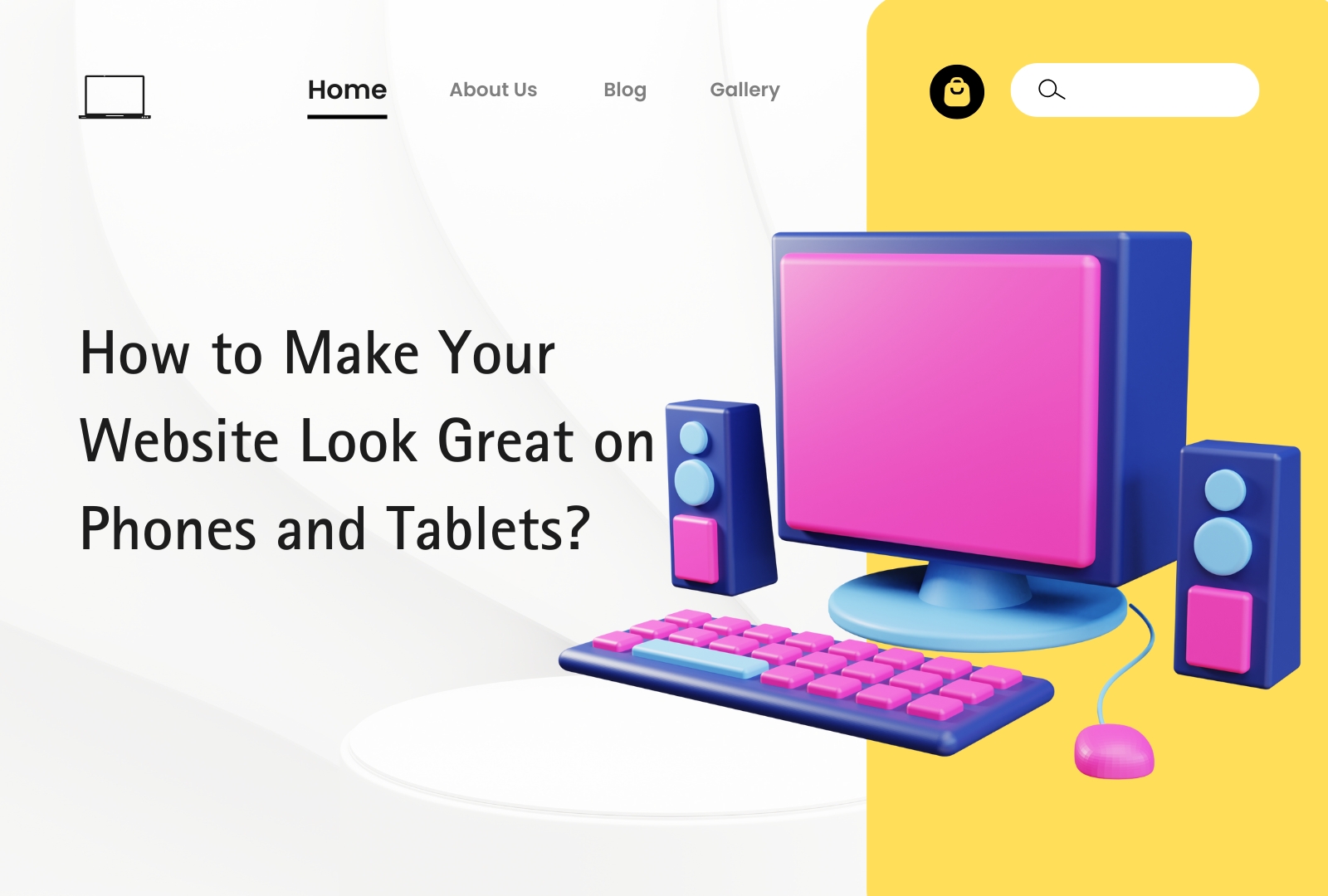In today’s digital age, having a strong online presence is essential for businesses of all sizes and industries. A well-designed website is at the core of this online presence and can significantly impact your business’s success. In this comprehensive guide, we’ll explore why a website is crucial for your business, covering various aspects that demonstrate its importance.
1. First Impressions Matter
Your website is often the first interaction potential customers have with your business. A professional, user-friendly website conveys credibility and trustworthiness. It’s your digital storefront, and just like a physical store, it needs to make a positive first impression to attract and retain customers.
2. 24/7 Accessibility
Unlike a physical store, your website is open 24/7, allowing customers to access information, make purchases, or contact you at any time. This accessibility enhances convenience and expands your potential customer base to a global scale.
3. Cost-Effective Marketing
Compared to traditional advertising methods, maintaining a website is cost-effective. You can showcase your products or services, provide valuable content, and engage with your audience without the substantial expenses associated with print media or TV ads.
4. Reach a Wider Audience
With a website, your business isn’t confined to a single location. The internet allows you to reach a global audience, increasing your potential customer base and revenue opportunities. This expanded reach can be a game-changer for small businesses looking to grow.
5. Build Brand Identity
Your website is a platform to express your brand’s identity. Through design, content, and messaging, you can establish a unique and memorable brand that sets you apart from competitors. Consistent branding builds recognition and trust.
6. Showcase Your Products and Services
A website provides an ideal platform to showcase your offerings. You can provide detailed product/service information, high-quality images, customer reviews, and even demonstration videos. This helps potential customers make informed decisions.
7. Engage with Customers
Interactive features like contact forms, live chat, and comment sections allow you to engage with customers directly. Prompt responses to inquiries and feedback can lead to improved customer satisfaction and loyalty.
8. Analytics and Insights
Websites offer valuable insights into customer behavior. You can track website traffic, user demographics, popular pages, and conversion rates. This data enables data-driven decisions and helps you refine your marketing strategies.
9. Competitive Advantage
In today’s competitive business landscape, having a website is often expected. Potential customers may be more inclined to choose a business with a professional website over one without an online presence. A website gives you an edge in the market.
10. Online Sales and E-commerce
If you sell products, having an e-commerce website opens up additional revenue streams. You can facilitate online transactions, process payments securely, and provide shipping options, making it convenient for customers to buy from you.
11. Establish Authority
Regularly publishing informative and valuable content on your website can position your business as an industry authority. This content can include blog posts, articles, whitepapers, and guides that showcase your expertise.
12. Adaptability
A website can adapt to changes in your business, industry trends, or customer preferences. You can update content, add new features, and incorporate the latest technologies to stay relevant and competitive.
13. Customer Convenience
Your website offers convenience to your customers. They can access information, make reservations, or purchase products/services without leaving their homes. This convenience can lead to increased customer satisfaction and loyalty.
14. Marketing Integration
A website can seamlessly integrate with various marketing tools and strategies, including email marketing, social media campaigns, and search engine optimization (SEO). This integration maximizes your online visibility and marketing efforts.
15. Data Security
Modern websites prioritize data security. You can protect customer information, transactions, and sensitive data with encryption and secure hosting, enhancing trust among your customers.
In conclusion, a website is a fundamental tool for modern businesses. It offers numerous benefits, from reaching a wider audience and building brand identity to cost-effective marketing and 24/7 accessibility. In today’s digital world, not having a website can put your business at a significant disadvantage. To thrive and remain competitive, invest in a well-designed, user-friendly website that reflects your brand and engages your audience effectively. Your website isn’t just an online presence; it’s a vital asset for your business’s success.





